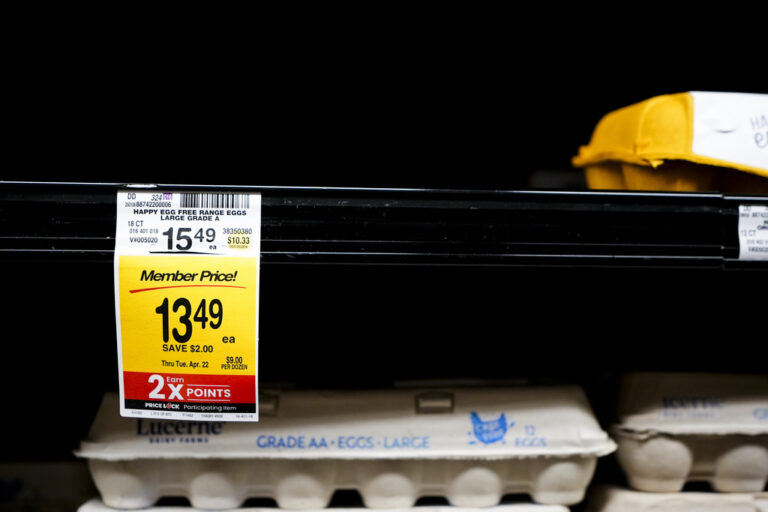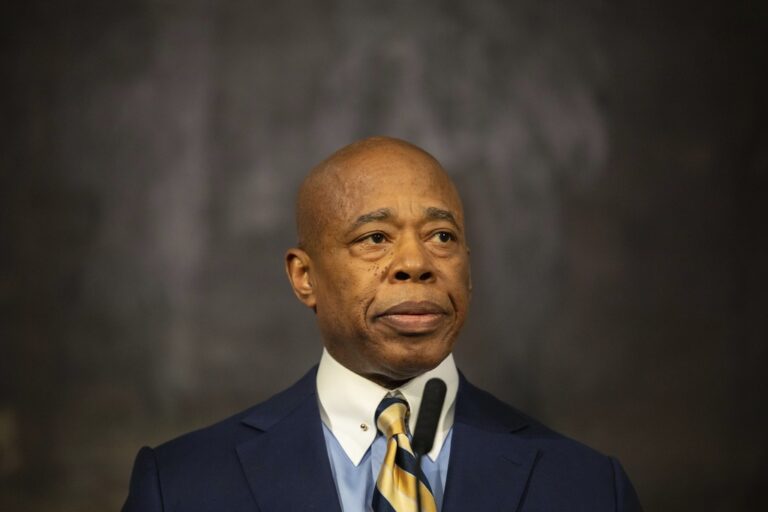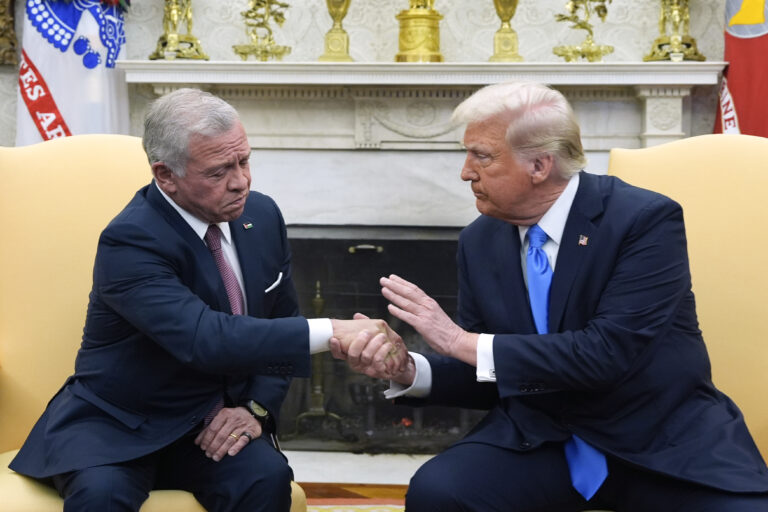U.S. inflation accelerated last month as the cost of groceries, gas, and used cars rose, a disappointment for families and businesses struggling with higher costs and likely underscoring the Federal Reserve’s resolve to delay any further interest rate cuts.
The consumer price index increased 3% in January from a year ago, Wednesday’s report from the Labor Department showed, up from 2.9% the previous month. It has increased from a 3 1/2 year low of 2.4% in September.
The figures show that inflation has remained stubbornly above the Fed’s 2% target for roughly the past six months, after it fell steadily for about a year and a half. Elevated prices created a major political problem for former President Joe Biden. President Donald Trump pledged to reduce prices in last year’s campaign, though most economists worry that his many proposed tariffs could at least temporarily increase costs.
The unexpected boost in inflation could dampen some of the business enthusiasm that arose after Trump’s election on promises to reduce regulation and cut taxes. Dow futures tumbled 400 points and all major markets are likely to sell off at the opening bell. Bond yields rose, a sign traders expect inflation and interest rates to remain high.
Excluding the volatile food and energy categories, core consumer prices rose 3.3% in January compared with a year ago, up from 3.2% in December. Economists closely watch core prices because they can provide a better read of inflation’s future path.
Inflation also worsened on a monthly basis, with prices jumping 0.5% in January from December, the largest increase since August 2023. Core prices climbed 0.4% last month, the most since March 2024.
Grocery prices climbed 0.5% just in January, pushed higher by a 15.2% surge in egg prices, the biggest monthly increase since June of 2015. Egg prices have soared 53% compared with a year ago.
An avian flu epidemic has forced many egg producers to cull millions of birds from their flocks. Some stores have imposed limits on egg purchases, and some restaurants have placed surcharges on egg dishes.
The cost of car insurance continues to rise, and picked up 2% just from December to January. Hotel prices rose 1.4% last month, while the cost of a gallon of gas moved up 1.8%.
Inflation often jumps in January as many companies raise their prices at the beginning of the year, though the government’s seasonal adjustment process is supposed to filter out those effects.
Later Wednesday, Federal Reserve Chair Jerome Powell will testify before the House Financial Services Committee, where he will likely be asked about inflation and the Fed’s response to it. The Fed raised its benchmark rate in 2022 and 2023 to a two-decade high of 5.3% to combat inflation. With inflation down significantly from its 9.1% peak in June 2022, it cut its rate to about 4.3% in its final three meetings last year.
Early Wednesday, Trump said on social media that interest rates should be lowered, “something which would go hand in hand with upcoming Tariffs!!!” Yet the tick up in consumer prices makes it less likely the Fed will cut rates anytime soon.
Fed officials are mostly confident that inflation over time will head lower, but they want to see further evidence that it is declining before cutting their key rate any further. The Fed’s rate typically influences other borrowing costs for things like mortgages, auto loans, and credit cards.
Inflation’s recent uptick is a major reason the Federal Reserve has paused its interest rate cuts, after implementing three of them last year. On Tuesday, Fed Chair Jerome Powell said “we do not need to be in a hurry” to implement further reductions in testimony to the Senate Banking Committee.
The Trump administration’s tariff policy could lift prices in the coming months. Trump on Monday imposed 25% taxes on steel and aluminum imports, and has pledged to impose more tariffs. Economists at Goldman Sachs forecast that yearly core inflation would fall almost a full percentage point, to 2.3%, by the end of this year, absent any import duties. But they expect tariffs will raise end-of-year inflation to 2.8%.
On Tuesday, Fed Chair Powell acknowledged that higher tariffs could lift inflation and limit the central bank’s ability to cut rates, calling it “a possible outcome.”
But he emphasized that it would depend on how many imports are hit with tariffs and for how long.
“In some cases it doesn’t reach the consumer much, and in some cases it does,” Powell said. “And it really does depend on facts that we we haven’t seen yet.”
(AP)












3 Responses
Can’t blame Biden anymore for inflation/economy. The degenerate adulterous felon ran on lowering prices, and now he says there’s not much he can do about it and there may be pain, for the average American that is, due to tarrifs.
Why does this headline not start with TRUMP’S AMERICA?
and that’s before Trump’s probable tariffs on food and oil, and before the impact of deporting gainfully employed alien workers — though so far Trump does back down if something doesn’t work, so when he sees how inflationary some of his ideas are, he’ll probably drop them